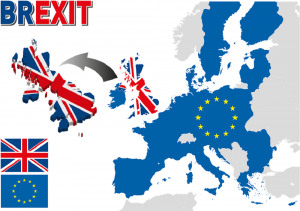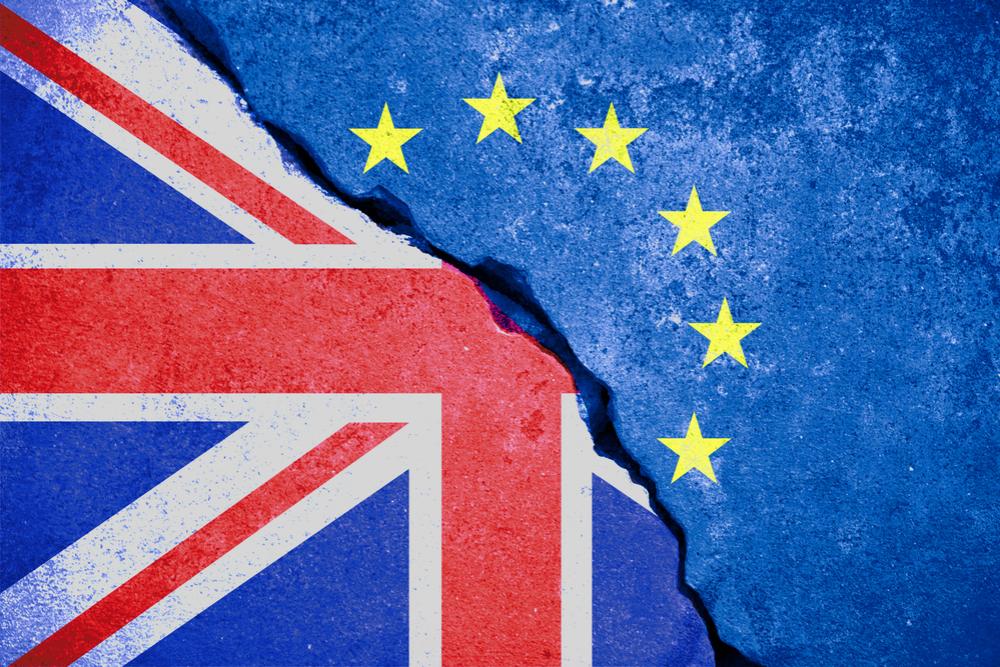As the country braces for Brexit Day and the 2-year transition period that will follow, many people are fielding questions with very difficult answers.
The Fate of U.K. Citizens Living in the EU, and Vice-Versa
What will happen to the millions of EU citizens living and working in the U.K., and what will happen to U.K. citizens living and working in the EU?
 In a hopeful view of a post-Brexit future, Prime Minister Theresa May assures EU citizens in the U.K. that the agreement between the two governments allows them live and work in the country, as they have done prior to this whole situation, without prejudice to their country of origin, continuing that their right to live and work peacefully is enshrined in our country’s laws and enforced by Her Majesty’s courts. With over 3 million European citizens in the U.K. – with people coming from all over Europe like Switzerland, Liechtenstein, Poland, Norway, and Liechtenstein among others – the Prime Minister’s message is one of hope and prosperity.
In a hopeful view of a post-Brexit future, Prime Minister Theresa May assures EU citizens in the U.K. that the agreement between the two governments allows them live and work in the country, as they have done prior to this whole situation, without prejudice to their country of origin, continuing that their right to live and work peacefully is enshrined in our country’s laws and enforced by Her Majesty’s courts. With over 3 million European citizens in the U.K. – with people coming from all over Europe like Switzerland, Liechtenstein, Poland, Norway, and Liechtenstein among others – the Prime Minister’s message is one of hope and prosperity.
Likewise, on the European side, European Commission President Jean-Claude Juncker also assures British expats in Europe that they will retain all the rights they currently enjoy in their country of choice, a “cheap and simple administration procedure” that the European Commission President has considered. This comes as a sigh of relief to the more than 700,000 British citizens in Europe.
The Brexit proposal provides a lot of flexibility to citizens of each government living in either the U.K. or the EU, with children born after March 29th 2019, i.e, Brexit Day, to parents who qualify under the proposal also being included in the agreement. In the proposed Brexit deal, EU citizens who are legal residents of the U.K., and U.K. citizens who are legal residents of an EU country, will have up to 5 years to live in their country of residence before losing their pre-Brexit rights. Not the most ideal, but it does give everyone involved enough time to get their affairs in order before returning home (or choosing to pursue citizenship in their country of residence, provided they fulfill that country’s requirements).
As for healthcare rights, the status quo is in place, although at the moment it is unclear if the European Health Insurance Card, or EHIC, will still be valid for travelers post-Brexit.
Of course, it goes without saying that all of these will only be enforced IF both the U.K. and EU governments can unanimously agree on an overall Brexit proposal.
Applying for a New Status
Will EU citizens in the U.K. need to apply for a new status? If so, how?
 Under the proposed Brexit deal, all EU citizens living and working in the country will need to apply for a new status. To do so, government ministers are envisioning an online system where foreign residents can apply for the change of status. Similar to driving licence renewal, the online system is expected to only take minutes, with fees similar to acquiring a passport.
Under the proposed Brexit deal, all EU citizens living and working in the country will need to apply for a new status. To do so, government ministers are envisioning an online system where foreign residents can apply for the change of status. Similar to driving licence renewal, the online system is expected to only take minutes, with fees similar to acquiring a passport.
Staying in the United Kingdom
If a deal is not reached between the two governments, will EU nationals living in the U.K. be required to leave?
EU nationals with permanent residence, granted after living in the U.K. for 5 years, are not expected to have their rights voided after Brexit. However, the status of recent arrivals remains unclear.
With more and more pundits predicting a “No-Deal” situation between U.K. and the EU, Prime Minister May assures EU citizens in the U.K. that their status will not change even if a mutually-beneficial Brexit deal is not reached.
The Right to Work
Will EU nationals still be able to come to the U.K. for employment?
This is where both governments differ: the EU wants its citizens living in the U.K. to enjoy the same rights they enjoyed pre-Brexit. The U.K. government, however, has a different idea.
The deal proposed by the U.K. government will allow current EU citizens living and working in the U.K. to continue as if nothing happened, aside from a small change of status. This also applies to all EU nationals who move to the U.K. during the proposed 2-year transition period. However, there is a debate over whether those moving to the country during the transition period should be granted the same rights and benefits of pre-Brexit EU nationals, with some MP’s suggesting that post-Brexit immigrants should have their healthcare and voting rights restricted.
Issues like this are still up for debate, and the status of EU nationals wishing to come to the U.K. for work after the transition period has yet to be finalized. However, many expect a work permit scheme, like the ones issues to non-EU nationals, will be implemented. This, however, remains unclear.
A Change of Heart?
Is it possible for the country to hold another referendum?
 Many people, including a group called the People’s Vote, are calling for the government to hold another public referendum, arguing that if the country respected the people’s decision to leave, they would also respect their decision to change their mind and stay.
Many people, including a group called the People’s Vote, are calling for the government to hold another public referendum, arguing that if the country respected the people’s decision to leave, they would also respect their decision to change their mind and stay.
However, Prime Minister Theresa May is against the idea of another referendum, calling it an “undemocratic breach of trust” against the people who voted to leave. The Labour Party, as well, was also reluctant to hold another referendum, with the party’s leadership preferring a general election instead, should Prime Minister May’s plan is voted down by Parliament. Labour Party Leader Jeremy Corbyn, on the other hand, agreed to the idea of another referendum as a possible option in the future.
Our International Standing
Will Brexit have any impact on the country’s standing and reputation, not to mention our political influence, on the international stage, particularly in Europe?
Perhaps the most crucial question in the minds of every Briton, and the one without the clearest answer. Currently, there are two schools of thought regarding this question:
The Skeptic: people who believe that the U.K. will have a much smaller, more diminished influence on the world stage, with much of our previous power coming from working cooperatively with the European Union.
On the other hand, the Optimists: people who see Brexit as a way for the United Kingdom to create an independent, assertive, and self-guiding role that would heavily influence other nations on the world stage.
With Brexit Day fast approaching, what are your thoughts on the future of our country? Leave us a comment below!
